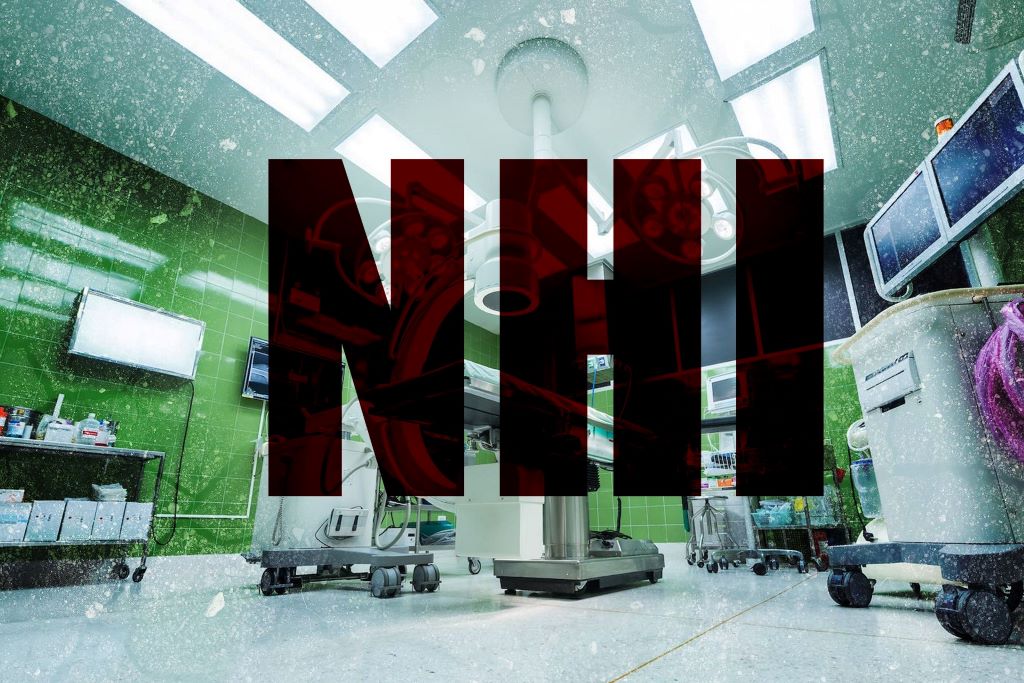
As the National Health Insurance (NHI) Bill makes its way through the approval process in the National Council of Provinces (NCOP), many actors in various sectors have called on the South African government to carefully consider the concerns raised regarding the proposed bill.
Stressing this point as one of the panellists in the Kwa-Zulu Natal leg of the Frank Dialogue on NHI hosted by media anchor and Leadership magazine editor, Prof JJ Tabane, and his team, recently in Umhlanga, Dr Katlego Mothudi, Board of Healthcare Funders (BHF) MD, acknowledged that both the public and the private sectors were not perfect, but cited that destroying the private sector was not going to accelerate the attainment of the global agenda of Universal Health Coverage. Strengthening a health system requires reform of six pillars; and the National Health Insurance formed part of the finance pillar only. He further noted that the private sector was a national asset to contribute to the success of health reform.
Other participants in the dialogue were the Minister of Health, Dr Joe Phaahla, Dr Kgosi Letlape (former Health Professions Council of SA and SA Medical Association chair), Zwelinzima Vavi (SA Federation of Trade Unions chair), Dr Nicholas Crisp (Department of Health Deputy-Director: NHI), and Nozibele Tshobeni (Sizwe Hosmed Acting PO).
The primary aim of these events has been to facilitate a constructive and inclusive discourse among various professionals in the sector, with the Minister of Health, regarding the proposed NHI Bill.
Emphasising the importance of overcoming several issues before the Bill could be successfully rolled out, Prof Tabane acknowledged that the health crisis in South Africa was of significant concern, rendering the implementation of universal health coverage (UHC) a necessity.
Asked about the future role of medical schemes under NHI, Crisp reiterated that NHI was not about scrapping medical aids, but about the right of all South Africans to access affordable healthcare: “The bill does not abolish or repeal the National Health Act. It merely goes about a different way of financing – a single fund to care for the majority of the health benefits that we need as a nation to strive.
However, Dr Mothudi disagreed with Crisp and highlighting that a multi-payer system was a better model given the south African context that has load of fraud and corruption. “Why not a multi-payer system, as originally proposed in the first NHI Green Paper?” he asked.
“Between now and that point,” Crisp explained, “we need the medical schemes to continue what they are doing but to do it more effectively than they are doing at present. They criticised us in the Health Market Inquiry, saying we did not provide leadership. Now we are providing leadership – we want to have a multilateral negotiating forum, we want to set prices, want to introduce other related measures:
A moot point made by Sizwe Hosmed’s Ms Tshobeni in her concluding remarks was that while she agreed that NHI was “overall, a good idea”, pushing the Bill through was putting the cart before the horse: “How we are going about it is really the problem.
“We are not that far apart in our discussions on this, but where we are drifting apart can be answered by the question ‘why are we here?’” asked Dr Mothudi.
“Going on blaming apartheid etc is not good. The Medical Schemes Act, for example, was promulgated in 1998 – post-apartheid. So, we must take responsibility for these challenges. Secondly, Government must provide stewardship, being responsible for the lives and healthcare of every citizen. Right now, we only have one Department of Health, not one for the public and one for the private sector.”
Also noted was that the private sector “does not run itself”. The National Health Act is there to guide practitioners and establishments how they should behave, while the Medical Schemes Act is enforced by the Council for Medical Schemes under stewardship of Department of Health.
While many views were expressed about the pros and cons of NHI, among the most common once again were, as already mentioned, the wisdom of a single payer system. Contributing his views on this, the BHF’s Dr Mothudi revived the originally drafted concept of a multipayer system for the fund: “A multipayer system was proposed in the first NHI Green Paper but was thrown out! A multipayer system would work in the same way as it did during the COVID vaccination campaign. When standing in the vaccination queue you wouldn’t know who was paying for the service for the person in front of you – employer, medical aid, or government?
“The pricing and service for the vaccine and procedure,” he said, “was set the same for all and for everyone.”
To watch the Frank Dialogue Click Here

